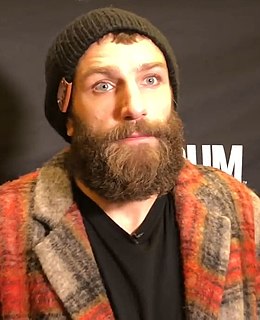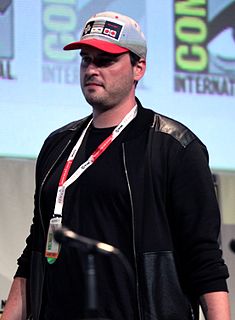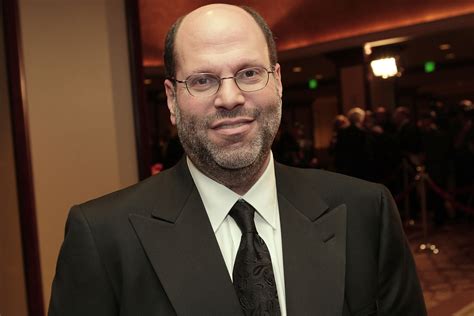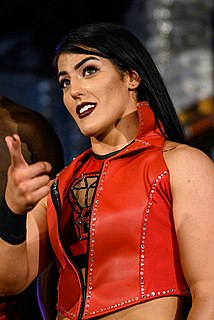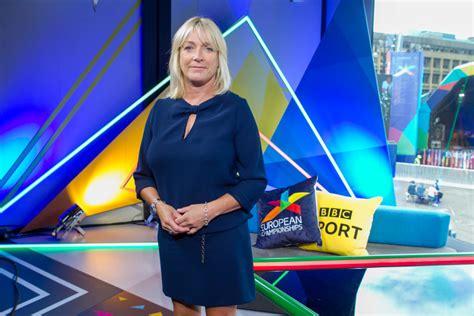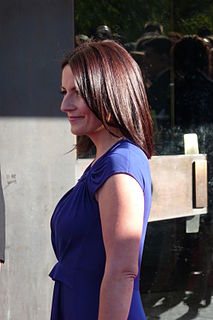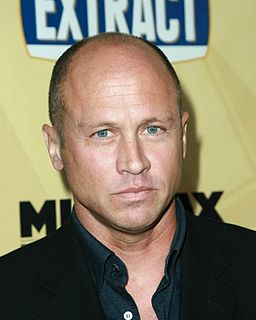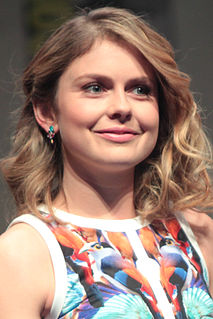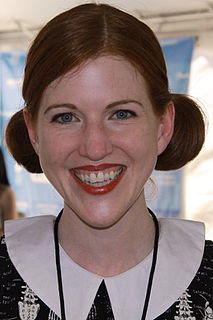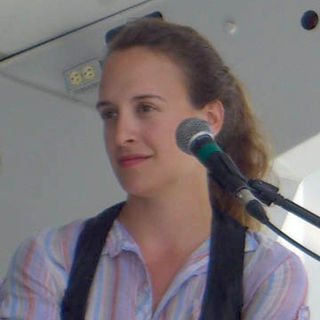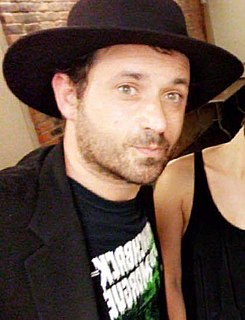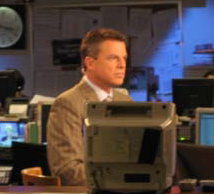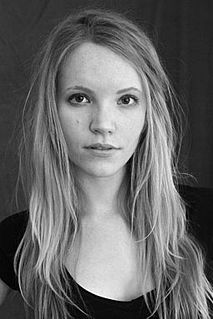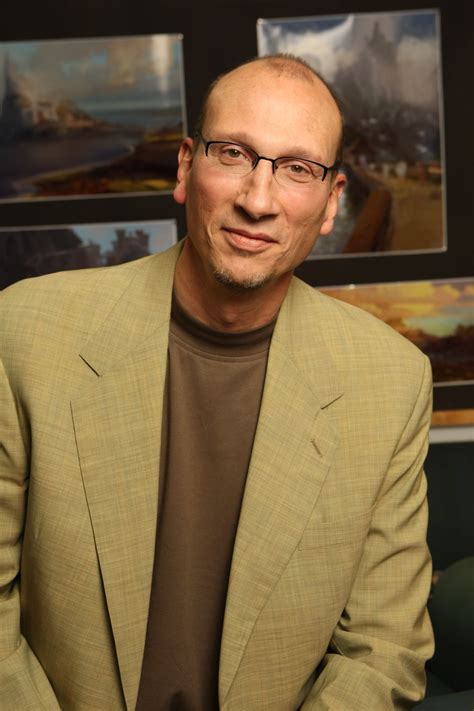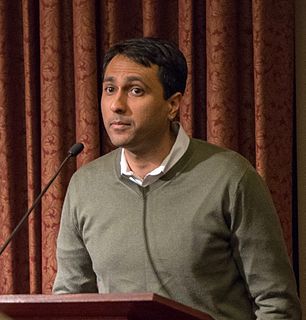Top 1200 Telling Your Story Quotes & Sayings - Page 20
Explore popular Telling Your Story quotes.
Last updated on April 20, 2025.
A story is a way to say something that can't be said any other way, and it takes every word in the story to say what the meaning is. You tell a story because a statement would be inadequate. When anybody asks what a story is about, the only proper thing is to tell them to read the story. The meaning of fiction is not abstract meaning but experienced meaning.
You read a script, you try and think through what is the best, most wide-ranging way of telling the story: who stylistically, character-logically, psychologically fits inside the world of what you're trying to do. A lot of it, when you're casting, is trying to get yourself in the head of a director.
It is my secrecy which makes you unhappy, my evasions, my silences. And so I have found a solution. Whenever you get desperate with my mysteries, my ambiguities, here is a set of Chinese puzzle boxes. You have always said that I was myself a Chinese puzzle box. When you are in the mood and I baffle your love of confidences, your love of openness, your love of sharing experiences, then open one of the boxes. And in it you will find a story, a story about me and my life. Do you like this idea? Do you think it will help us to live together?
The factors that laid low so whooping and puissant an empire as the old Hollywood are many. I can think of a score, including the barbarian hordes of Television. But there is one that stands out for me in the post-mortem.... The factor had to do with the basis of movie-making: 'Who shall be in charge of telling the story.'
I couldn't have articulated this process at the time; I just sort of did it instinctually. But now when I talk about this with my students all the time, it's one of the first things I address in memoir classes - that you have to put it all in because you're writing your way into the ending of your own story. Even if you think you know what the story is, you don't until you write it. If you start leaving things out you could leave out vital organs and not know it.
Everywhere I go - from villages outside Kandy, Sri Lanka, to community centers in Amman, Jordan, to offices at the State Department in Washington, D.C. - I find people with a similar story. When thousands of people discover that their story is also someone else's story, they have the chance to write a new story together.



